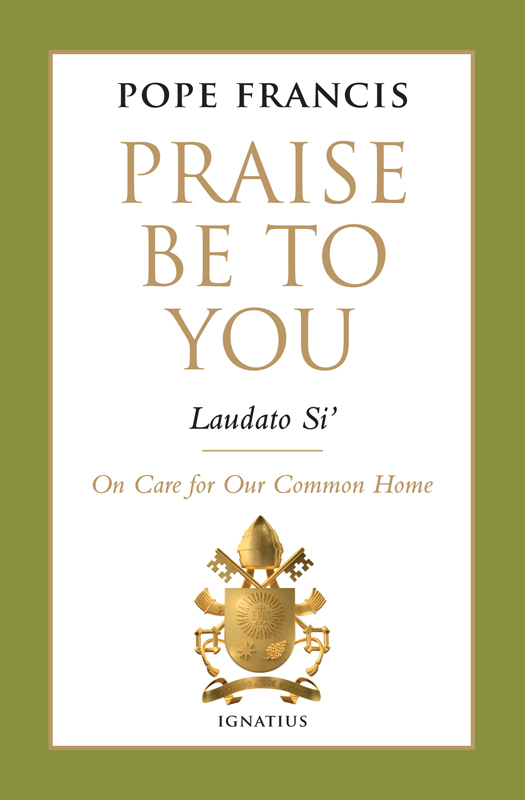Pope Francis continues to inspire and guide the global Catholic Church with his profound teachings. Through his encyclicals, he addresses pressing issues of our time, offering spiritual wisdom and practical guidance for individuals and communities alike. His latest encyclical, Dilexit Nos (He Loved Us), marks a significant moment in contemporary theology as it delves into one of the most cherished devotions within Christianity: the Sacred Heart of Jesus.
This new document invites Catholics worldwide to reflect deeply on divine love and its transformative power. By focusing on the Sacred Heart, Pope Francis seeks not only to renew traditional practices but also to illuminate how this ancient devotion can address modern challenges such as consumerism and societal fragmentation. As we explore the themes and messages contained within Dilexit Nos, we gain insight into what this means for believers today and how they might live out their faith more fully.
Pope Francis unveils a new encyclical centered around the devotion to the Sacred Heart of Jesus. This document follows the golden thread of this centuries-old tradition, guiding readers through the mystery of divine love. It is an invitation to delve deeper into the heart of Christianity, emphasizing the importance of love and compassion in our daily lives.
Devotion Revisited: A Call to Renewal
The encyclical titled Dilexit Nos (He Loved Us) was officially released, marking Pope Francis' fourth encyclical. In announcing this significant document, the Holy Father expressed his desire to bring together reflections that highlight the profound significance of the Sacred Heart of Jesus. The encyclical serves as both a reminder and a call to action for all Christians to embrace the healing and transformation offered by Christ's heart.
This encyclical aims to revitalize the practice of devotion to the Sacred Heart, encouraging believers to reconnect with the core message of God's boundless love. By doing so, Pope Francis hopes to inspire a renewed sense of purpose among the faithful, reminding them of the central role that love plays in their relationship with God and others. The encyclical provides insights into how this age-old devotion remains relevant in addressing contemporary issues.
Furthermore, the encyclical underscores the need for a heartfelt response to the challenges faced by society today. Through the lens of the Sacred Heart, Pope Francis calls upon the global church to act as agents of change, promoting unity and peace amidst division and strife. This message resonates particularly strongly during times when humanity struggles with questions of identity and belonging.
Responding to Modern Challenges
In the encyclical, Pope Francis articulates how the spirituality of the Sacred Heart addresses key concerns of our era. He highlights the dangers posed by rampant consumerism, which often leads people away from authentic relationships and genuine fulfillment. Instead, the pope advocates for a return to values rooted in love and solidarity, urging individuals to prioritize meaningful connections over material possessions.
The encyclical also speaks to the increasing fragmentation experienced across societies globally. By presenting the Sacred Heart as a unifying principle, Pope Francis emphasizes the potential for reconciliation and harmony. He encourages followers to view the world through the compassionate eyes of Christ, fostering environments where diversity is celebrated rather than feared.
Moreover, the document explores ways in which the devotion to the Sacred Heart can inform responses to social injustices. Drawing inspiration from Jesus' own life and mission, Pope Francis challenges the church and its members to stand firmly against oppression and work tirelessly toward justice and equality for all people.
A Path Forward: Synodality and Governance
Released during the Synod on Synodality in Rome, the encyclical carries implications for discussions surrounding church governance and structure. Experts like Frank Rocca suggest that while the primary focus remains on the Sacred Heart, certain aspects may indirectly influence debates about ecclesiastical authority and participation. The emphasis on communal discernment and shared responsibility aligns well with principles advocated during the synodal process.
Pope Francis uses the occasion to remind delegates of the synod—and indeed all clergy—of the essential task of leading with love. Just as the Sacred Heart symbolizes selfless giving, so too must leaders at every level commit themselves wholeheartedly to serving their communities. This perspective reinforces the notion that effective leadership stems from genuine care and concern for others.
Ultimately, the encyclical offers a vision for moving forward together as a universal church. It calls upon everyone involved in the synodal journey to embody the spirit of the Sacred Heart in their interactions and decision-making processes. Such an approach ensures that decisions made reflect not just procedural correctness but also deep spiritual conviction grounded in love.

